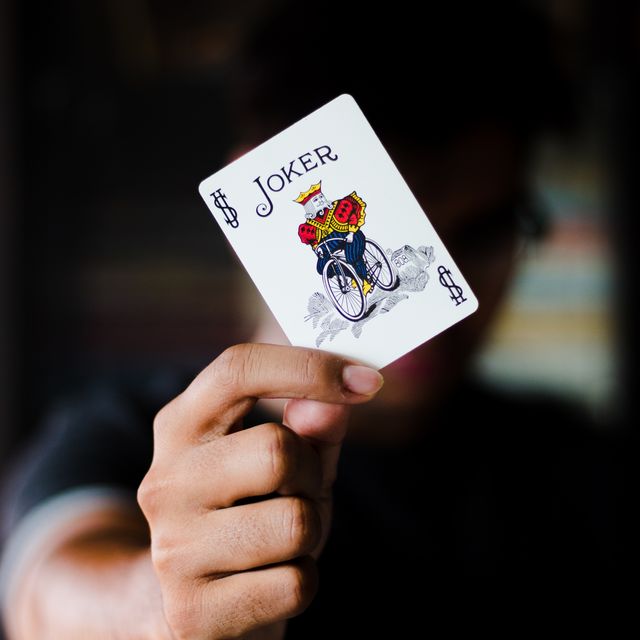The Psychological Impact of Gambling Games on Players
- Category: Pics |
- 16 Jan, 2023 |
- Views: 751 |

Have you ever wondered why people like to gamble, or why they love playing games like slots, roulette, blackjack, solitaire, and other card games as a means of gambling? There have been a lot of research on how psychological processes affect gambling behavior. Here are five interesting things about gambling.
1. Being in a good mood makes people bet more
A recent study found that things that make people happy, like the number of sunny days or the success of local sports teams, make them gamble more. The reason is that people take more risks when they are in a good mood.
2. Gambler's fallacy
So, a roulette player sees seven black numbers in a row, and he bets everything he has on red. The gambler's fallacy is a well-known psychological mistake.
It is the mistaken belief that something different is about to happen if something happens repeatedly. In reality, the chances that something will happen are always the same.
3. Changing expectations about what it means to win
In a study, people who bet on horses at the track were asked - before and after they bet on the horse - to guess how likely their favorite horse would win.
After betting, most gamblers thought their horse had a better chance of winning than before they bet. The explanation for this is, because they were more committed, they had more hope.
4. Getting on the bandwagon
When lottery jackpots reach new highs and get a lot of media attention, people rush to buy tickets because they don't want to miss out. People who have never played the lottery before will "jump on the bandwagon" and buy some tickets during these times.
5. Wagering systems and old wives' tales
The very definition of gambling is that it is an event of chance. Still, many gamblers are sure they can find a way to win.
This includes trying to find patterns in random numbers (there aren't any), picking "hot" slot machines, and avoiding "cold" ones (e.g., playing a machine that hasn't paid out in a long time because it's "hot," or playing a machine that hasn't paid out in a long time because you think it's "due"), or doing something ritualistic to keep winning.
You already know that gambling can be very addicting, and mental processes like those described above often worsen that addiction. Neuroscience research has found that being addicted to gambling is a lot like being addicted to drugs in many ways.
To get over gambling addiction, it's essential to get rid of false beliefs about gambling and learn how to deal with it. The National Council on Problem Gambling has an excellent website and hotlines that can help people addicted to gambling.

